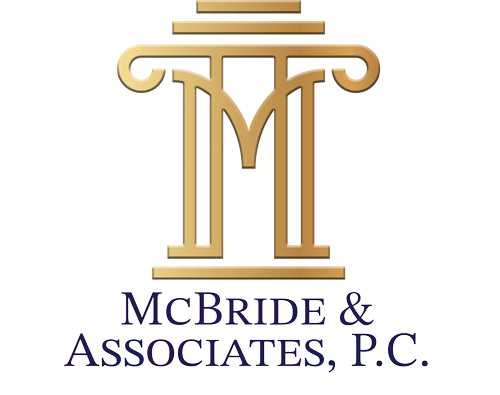Creating a Living Trust in Oklahoma
A living trust, also known as a revocable trust, is a dynamic estate planning tool that allows individuals to retain control of their assets during their lifetime while seamlessly facilitating the transfer of those assets upon their passing.
In the state of Oklahoma, creating a living trust involves several key steps:
Consultation and Assessment: Our Oklahoma City trust attorneys initiate the process by engaging in a comprehensive consultation to understand your financial situation, familial dynamics, and ultimate goals. This enables us to tailor a living trust that aligns precisely with your objectives.Drafting the Trust Document: Our legal team meticulously drafts the living trust document once we thoroughly understand your unique circumstances. This document outlines the terms and conditions of the trust, including the appointment of a trustee and the distribution of assets.
Funding the Trust: A critical aspect of establishing a living trust is transferring ownership of your assets into the trust. Our attorneys will guide you through this process, ensuring that your real estate, financial accounts, and other assets are appropriately titled in the name of the trust.
Appointing a Successor Trustee: Planning for unforeseen circumstances is integral to the effectiveness of a living trust. We assist you in selecting a successor trustee who will step in to manage the trust and distribute assets according to your wishes in the event of your incapacity or passing.
Ensuring Compliance: Our legal team ensures that the living trust complies with all relevant Oklahoma laws and regulations, providing the peace of mind that your estate plan is legally sound.
Regular Review and Updates: Life is dynamic, and so should your estate plan. Our attorneys recommend periodic reviews of your living trust to account for changes in your financial situation, family structure, or legislative updates. We stand ready to make any necessary adjustments to ensure your trust remains a robust and effective tool.

